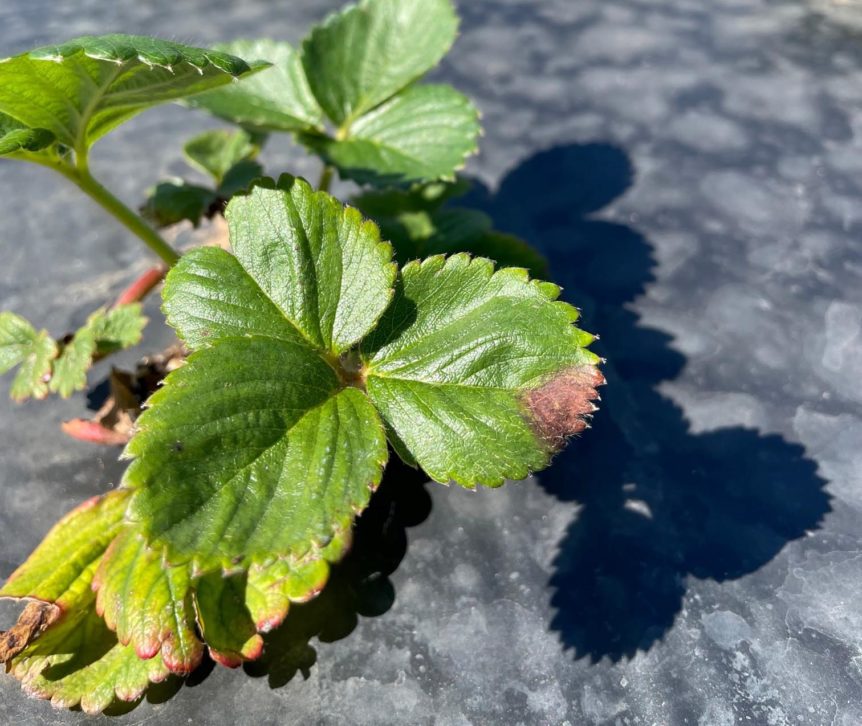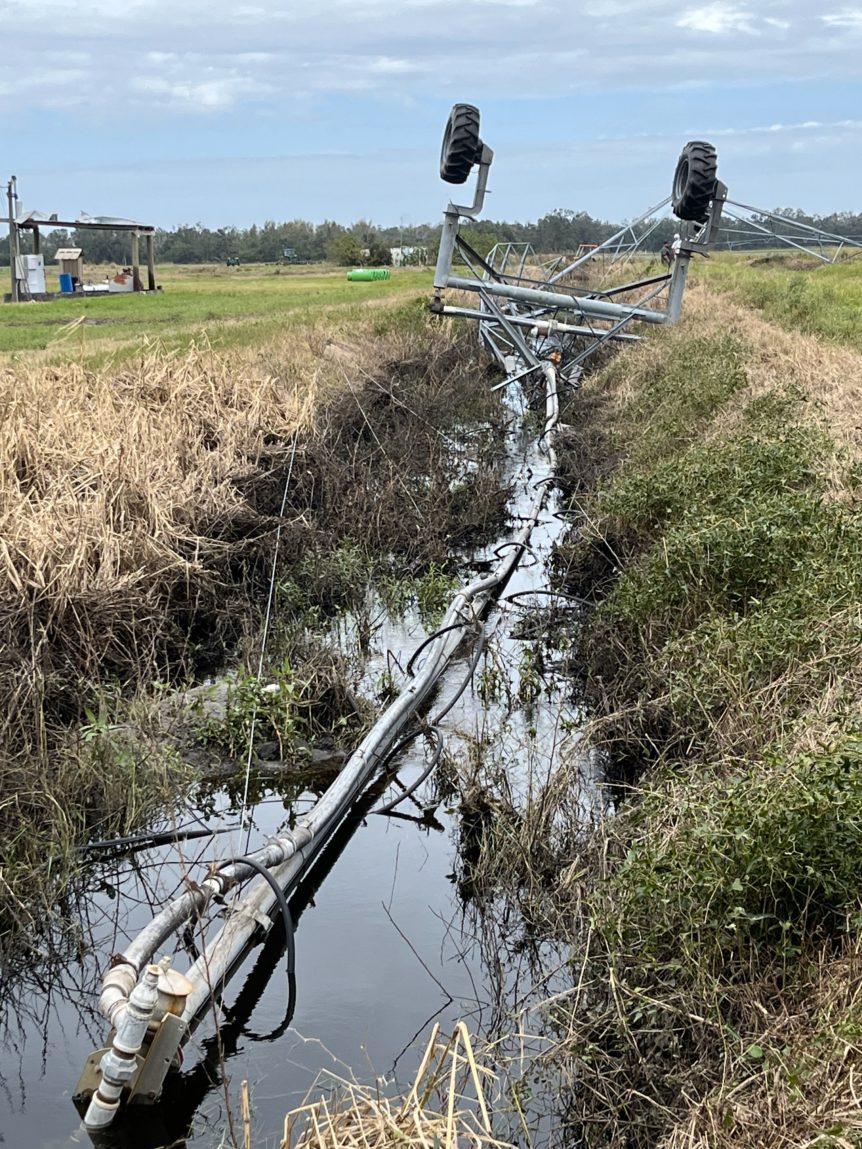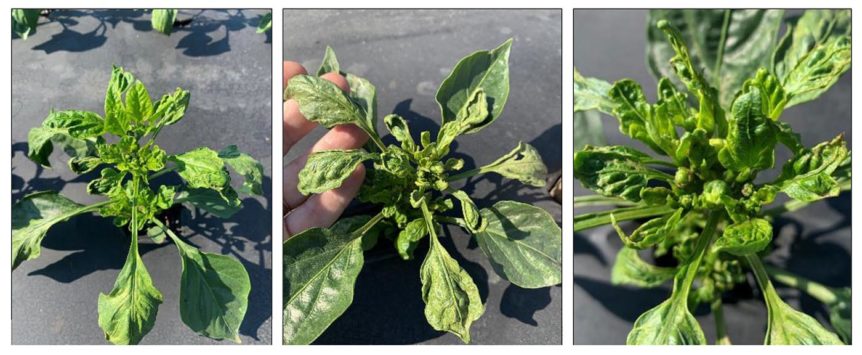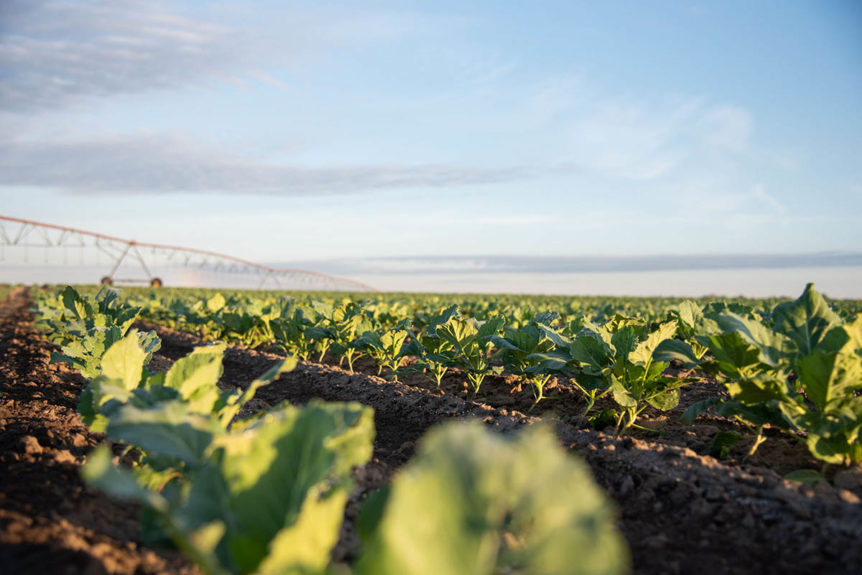By Mike Joyner Shortly after President Barack Obama was inaugurated in 2009, he met with the Republican leadership. When Republicans began to aggressively push back on his policies, he simply stated, “Elections have consequences … and I won.” President-elect Donald Trump won the election, and we expect there will be swift and aggressive change. The newly appointed members of Trump’s …
Specialty Crop Grower Magazine: Heat Mitigation Plans Protect Farms, Workers
By Frank Giles This past summer, the Biden administration released a proposed rule from the U.S. Department of Labor (DOL) to protect indoor and outdoor workers from excessive heat. The proposed rule would require employers to develop an injury and illness prevention plan to control heat hazards in workplaces affected by excessive heat. Among other things, the plan would require …
Specialty Crop Grower Magazine: Potential Impact of Neopestalotiopsis in Strawberries
By Clint Thompson Strawberry plantings had not even begun this fall when alarm bells were ringing about the potential impact of Neopestalotiopsis disease in this year’s crop. While the disease has a history in Southeast strawberry fields dating back to 2018, the concern this year stemmed from its presence in plug plants at nursery sources in Canada. It prompted Phil …
Specialty Crop Grower Magazine: Bringing World’s Produce Industry Together
By Clint Thompson The International Fresh Produce Association (IFPA) remains committed to “fighting for fresh.” IFPA serves as a strong advocate for farmers and strives to increase consumption of specialty crops around the world. Cathy Burns, chief executive officer of IFPA, shared her organization’s message during the Global Produce and Floral Show in Atlanta in mid-October. “We’re going to fight …
The Last Word: American Farmers Dedicated to Clean Water
By Zippy Duvall In my family, as I’m sure for many of you, fall means harvest season and football season. Where I’m from, you can’t help but be a Georgia Bulldog fan. No matter who you root for, though, you want a fair game where each team has the opportunity to win. But imagine for a moment what would happen …
Specialty Crop Grower Magazine: 2024 Hurricanes Rock Fruit, Vegetable Producers
By Clint Thompson and Frank Giles The fall of 2024 will not soon be forgotten by specialty crop growers in the Southeast after Hurricanes Helene and Milton roared ashore bringing far-reaching impacts to crops and infrastructure. While the true fallout of the storms will take months to realize, early reports show the level of damage growers are dealing with in …
Specialty Crop Grower Magazine: New Thrips Species Raises Alarm for Vegetable Producers
By Frank Giles Invasive pests are a particular problem for specialty crop growers in the Southeast. Insects find their way through various ports of entry, and the region’s climate is often conducive to their survival and reproduction. A relatively new pest that is on the move and has growers and the research community on notice is Thrips parvispinus. The pest …
Preparation and Partners Critical for Food Safety
By Frank Giles What would you do if your farm’s name was splashed across headlines nationwide in association with a food-borne illness outbreak? That’s a scary question some specialty crop growers have had to answer. The Food Safety Modernization Act (FSMA), which was signed into law in 2011, was largely driven by food-borne illness outbreaks associated with produce. Some of …
Specialty Crop Grower Magazine: Reference-Price Program Aims to Protect Growers
By Frank Giles This fall, specialty crop growers in parts of the Southeast have been rocked by hurricanes that destroyed crops and disrupted operations. Growers have had to learn to live with Mother Nature for as long as farming has been around. Sometimes the weather hurts and sometimes it helps. You must carry on despite her whims. But another factor …
Mental Health Survey Underway in Florida
By Frank Giles Specialty crop growers might have heard about the Mind Your Melon mental health awareness campaign as it has gained more attention in recent years. Marshal Sewell and his wife Taylor officially launched Mind Your Melon in May of 2022 during Mental Health Awareness Month. Movement Takes Shape Mental health has been a passion for Sewell since 2007 …



















